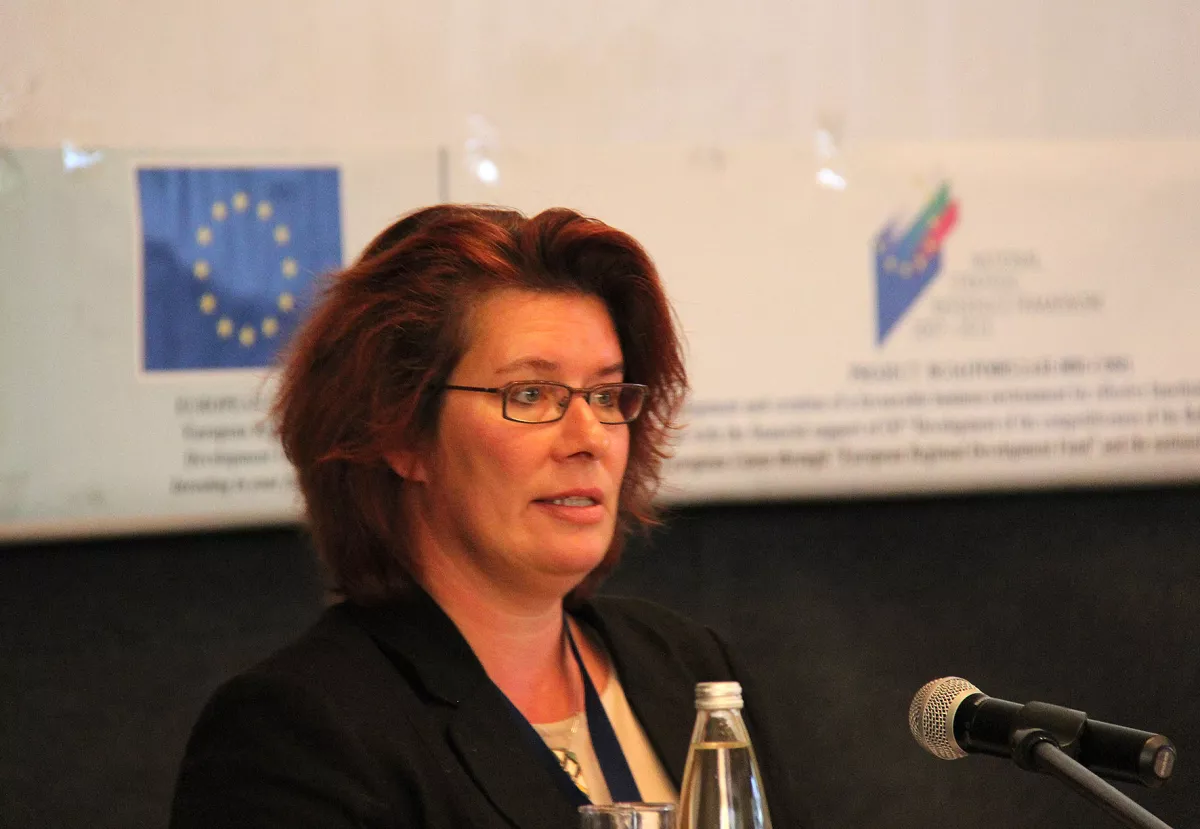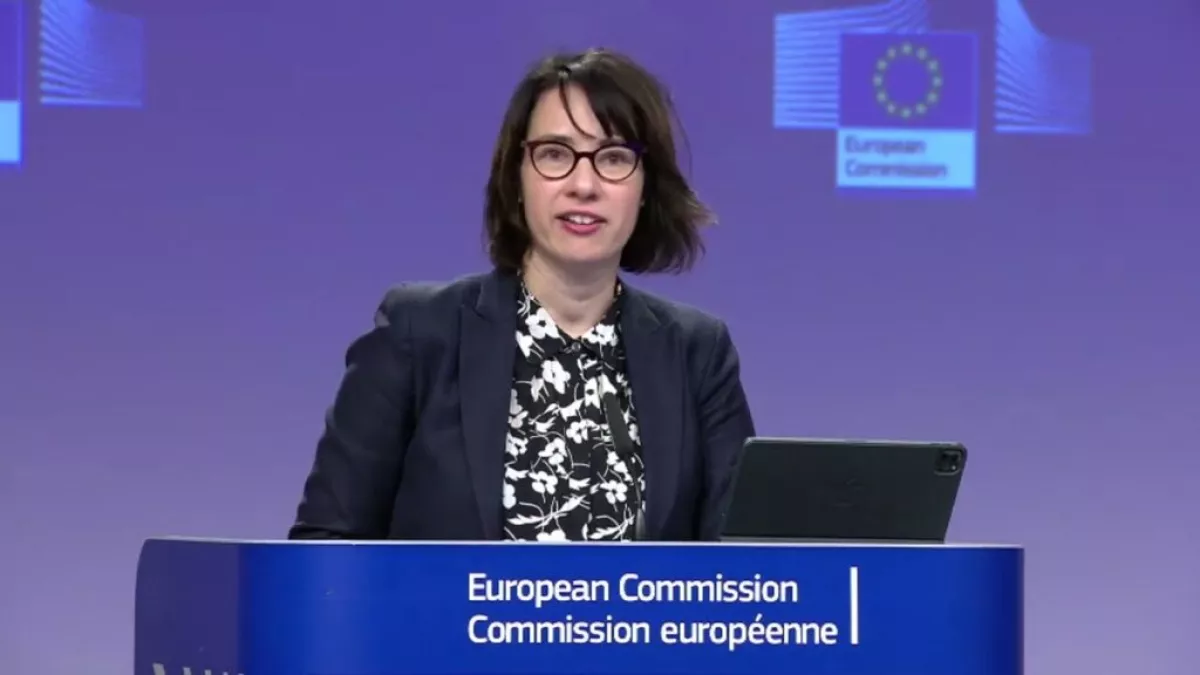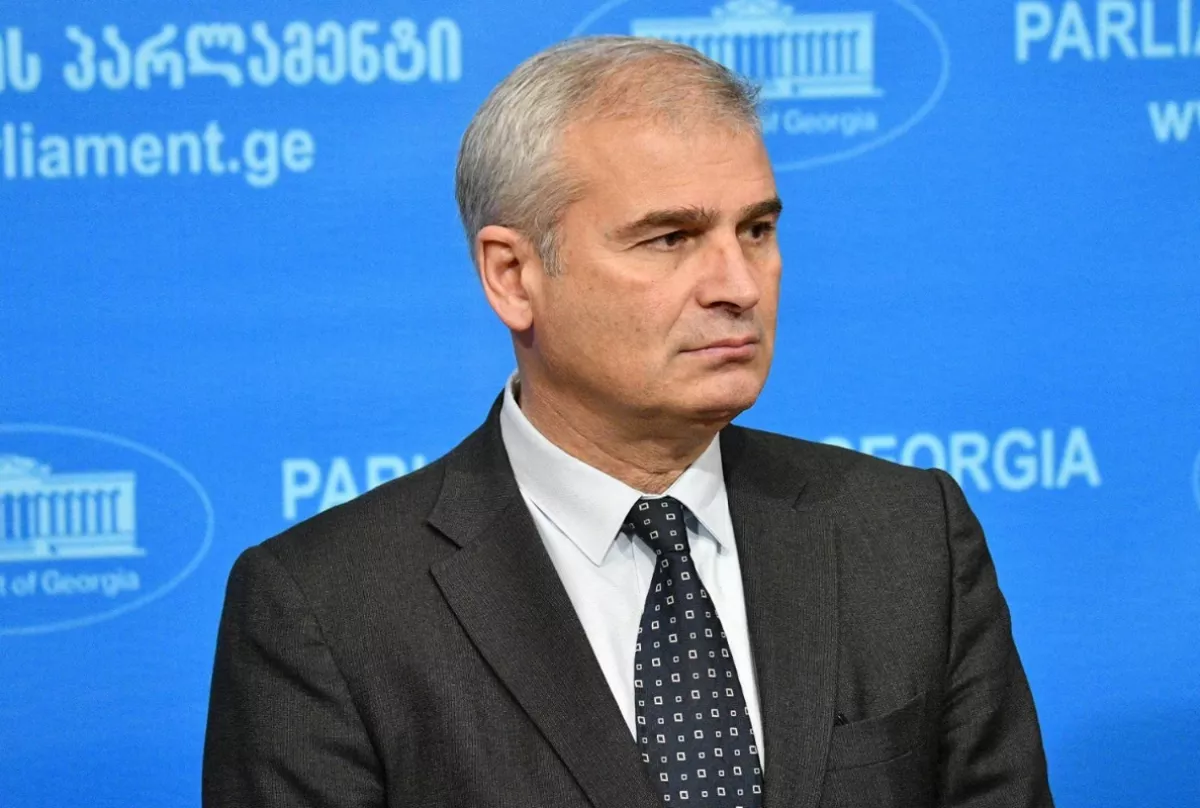Visa-free blackmail EU increases pressure on Georgia
On August 31, 2025, the deadline expired for the European Union’s ultimatum to Georgia, which contained eight demands, including repealing the laws “on foreign agents” and on banning LGBT propaganda. The EU threatened to suspend the visa-free regime otherwise. The Union also insisted on the release of arrested opposition leaders and supporters detained for unlawful actions and organising riots. The EU’s demands were set out in a letter from Beate Gminder, Head of the European Commission’s Directorate-General for Migration and Home Affairs, which was delivered to Georgia’s Foreign Ministry on July 14, 2025.

On August 31, Georgia’s Foreign Ministry announced that a report on the implementation of recommendations for maintaining visa liberalisation had been submitted to the European Commission. The Commission confirmed receipt of the response.
“Georgia’s authorities have provided the EU with a completed questionnaire and the recommendations issued by the Commission. We continue to work with the European Union to ensure, on the one hand, the visa-free regime, and on the other – to protect Georgia’s national interests,” said Levan Makhashvili, Chairman of the Parliamentary Committee on European Integration, without elaborating further.
However, the content of the response is no secret. Earlier, Prime Minister Irakli Kobakhidze had stressed that the European Commission’s demand to repeal the “Law on Family Values,” which bans LGBT propaganda, was unacceptable. Representatives of the ruling Georgian Dream party consistently emphasise that protecting national interests remains their top priority.
In essence, the Georgian authorities ignored the key points of the EU ultimatum. Moreover, the judicial system and law enforcement agencies took new steps to strengthen the country’s sovereignty, fully aware that these actions would provoke a negative reaction in Europe.
This concerns the freezing of accounts of seven NGOs funded from abroad, following a decision by the Tbilisi City Court and a submission from the Prosecutor’s Office. According to Georgian authorities, these organisations were involved in orchestrating unrest aimed at the unconstitutional change of power.
Soon after, the EU issued a new demand: the immediate reversal of the decision to freeze the NGOs’ accounts.

“The European Union urges the Georgian authorities to immediately reverse the decision to freeze the bank accounts of independent civil society organisations.
This is another assault on fundamental rights and a weaponisation of the justice system as a tool of repression – an act of political persecution through deliberate financial suffocation, intended to silence and punish dissenting voices.
Civil society organisations are not enemies of the state, but the backbone of democratic pluralism and accountability. For years, Georgia’s vibrant civil society has been a driving force of the country’s European integration, delivering tangible benefits to its citizens,” said Anitta Hipper, EU Representative for Foreign Affairs and Security Policy.
Meanwhile, Georgian authorities point out that it was precisely certain NGOs, claiming to represent “civil society,” that almost provoked bloodshed at the end of last year. Their unlawful actions included attacks on police using pyrotechnics and Molotov cocktails. Now, ahead of the local elections on 4 October 2025, the pro-Western opposition and NGOs are preparing a new surge of activity, openly stating their intention to forcibly change the government, for which they have attracted foreign funding.
In practice, EU ultimatums are viewed in Tbilisi as a demand to accept a “pro-European” coup and the prospect of opening a “second front” in the South Caucasus, potentially dragging Georgia into a war with Russia.
At the same time, the issue of maintaining the visa-free regime is not so critical for Tbilisi. Neighbouring Azerbaijan, Armenia, and Türkiye manage perfectly well without visa-free access. For Georgian citizens themselves, the visa-free regime has also lost much of its relevance: trips to the EU were more often used for work. Today, amid economic growth and declining unemployment, many migrant workers are returning home and finding more favourable conditions locally.
The Western-backed opposition and its sponsors hope that the suspension of visa-free travel will spark protests among the youth. In reality, however, disappointment in the opposition is growing, and demonstrations are becoming increasingly smaller. Nevertheless, opposition leaders are calling for a rally on September 13, 2025, “in defence of visa-free travel.” Notably, they intend to direct their complaints not at Brussels, but at their own government.
By all indications, it is unlikely that a large crowd will gather on September 13. The event is expected to serve merely as a “rehearsal.” The main push by the opposition and their foreign sponsors is planned for October 4 – the day of local elections. They aim to time another attempted “revolution” with this date, using the suspension of visa-free travel as a pretext.

Chairman of the Parliamentary Committee on Local Self-Government, Irakli Kadagishvili, notes that the opposition is deliberately seeking the suspension of the visa-free regime in order to influence public sentiment.
“These are empty words. For any revolution, desire alone is not enough; objective conditions are required, which do not exist in society. Why does the opposition need the suspension of visa-free travel? To somehow sway public opinion. But they won’t succeed, just as they won’t achieve the suspension of visa-free access. When they call for revolution and the overthrow of the government, and the state responds, they start complaining as if human rights are being violated. They should think carefully before becoming victims of these adventurers’ manipulations. There will be no revolution or overthrow of power. We do not want the youth to be deceived again, as happened once before,” Kadagishvili said.
Furthermore, the EU’s procedure for suspending or revoking visa-free travel is complex and lengthy. It can be initiated by the European Commission or any one of the 27 member states. A minimum of 15 votes is required to approve a decision. Initially, visa-free travel is suspended for one year, then extended for an additional two years. Only if no agreement is reached within three years can the suspension become permanent.
During this time, the situation in the world could change dramatically. By then, the EU may lose its appeal, especially if military preparations on the continent lead to a major war. Moreover, the EU’s actions toward Georgia could coincide with stricter measures against Ukraine. Already today, EU countries are limiting assistance to Ukrainian refugees, forcing them to return to a war-torn country, even without an official suspension of visa-free travel.
Notably, the EU has so far revoked visa-free access only for Vanuatu, a small island nation in the Pacific. The formal reason in December 2024 was the issuance of passports to anyone willing to invest. However, the European Parliament report also cited an anti-Russian motive: Vanuatu passports were being obtained by Russian citizens, which “undermined the EU’s international efforts to isolate Russia.”
In the case of Georgia, the situation is different: the country is being targeted not for trading passports, but for refusing to engage in confrontation and war with Russia and for defending its national sovereignty. Revoking Tbilisi’s visa-free regime could become the first precedent of “political punishment” by the EU for “disobedience.”
By Vladimir Tskhvediani, Georgia, for Caliber.Az








